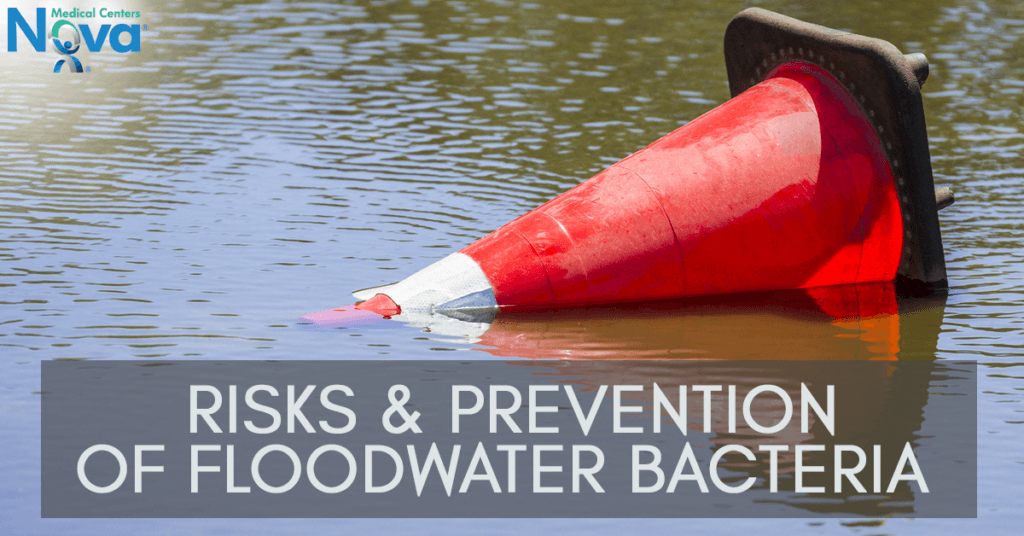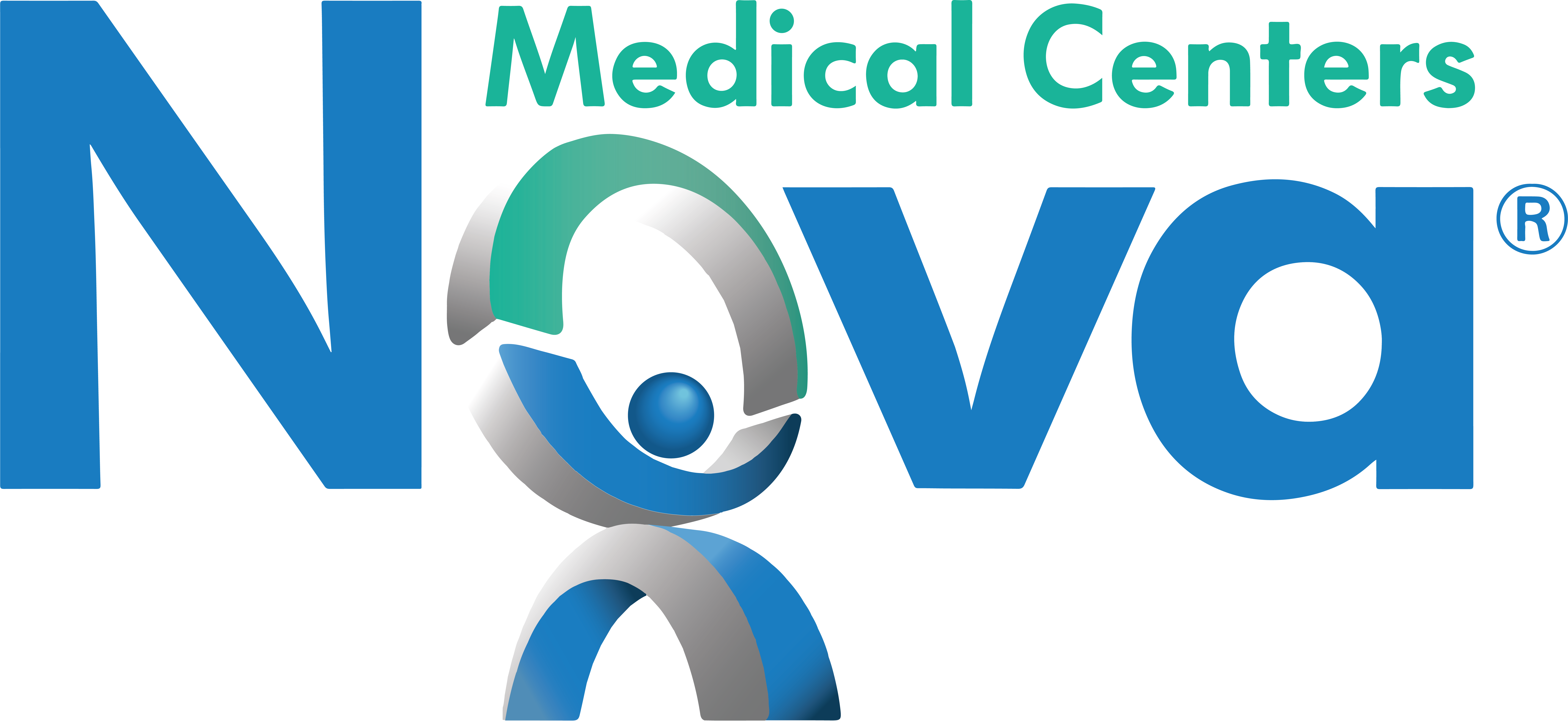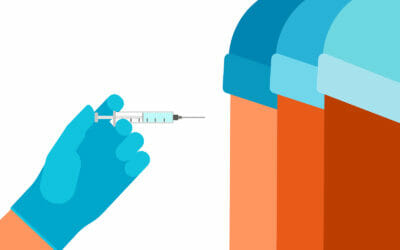
Flood water can cause a number of infections
In the wake of these recent hurricanes, many areas in the Gulf Coast remain affected as the floodwaters recede. When emergency personnel, workers, and residents return to flooded homes and business areas, they are at risk of microbial infection from bacteria brought in by the floodwaters. Knowing the possible risks and taking preventative measures are the most effective ways to reduce your chances of post-storm infections.
Potential Risks
During a flood, many types of bacteria are collected and deposited by the floodwaters, posing a serious health risk to any people who must enter floodwaters or handle items affected by the flooding. Here are some of the common microbial dangers associated with flood waters:
Coli and Coliform – These bacteria come from human and animal waste, which mixes into floodwaters and can cause serious health complications if ingested
Tetanus – A nervous system affecting disease that is the result of a toxin given off by Clostridium tetani bacteria that enter the body through open wounds
Vibrio – Ocean bacteria brought in by the storm that can cause diarrhea and digestive problems, as well as skin infections if they enter an open wound
Pesticides – Floods pick up pesticides that have been recently put down and add them to the other pollutants which can result in skin irritation
Harmful chemicals – If you are located near a chemical plant and there was damage to the plant from the storm, the floodwaters may contain dangerous chemicals in addition to the bacteria
Mosquito-borne diseases – As floodwaters settle, mosquitos can breed more, increasing the risk of mosquito-borne diseases like West Nile virus and Zika virus
Disease Prevention
Before going into the water and after coming out of it, follow these tips to reduce your chances of infection:
Stay Out of the Floodwaters
- The best way to keep from being harmed by the myriad of dangers in the floodwaters is to stay out
- If you must enter the water, limit the amount of time you spend in the water
Protect Yourself
- Wear protective clothing that will limit exposure to flood water
- Cover all open wounds with waterproof bandages
- Wear approved insect repellant to reduce risk of insect-borne diseases
- Do not enter floodwaters if you are not up to date on your tetanus vaccinations
Clean Up
- Upon leaving flooded areas, people should get out of the clothes they were wearing and dispose of the clothing, as washing it will not properly remove the bacteria
- At a minimum, your hands should be washed with antibacterial soap; if possible take a shower
- If you are handling items that have been soaked in the flooding, clean them thoroughly with a mixture of bleach and water.
If you have come into contact with floodwaters or handle items that have been in floodwaters, you should monitor yourself for any signs of infection. Should symptoms appear, see a doctor and inform them that you have been in floodwaters so that they can give you the best possible treatment. Keep yourself safe from microbial hazards as we recover from these life-changing storms.
Nova Medical Centers cares about the well-being of your team members. Read more in the Blog about ways to keep your employees safe.
Written by Abraham Kluksdahl



